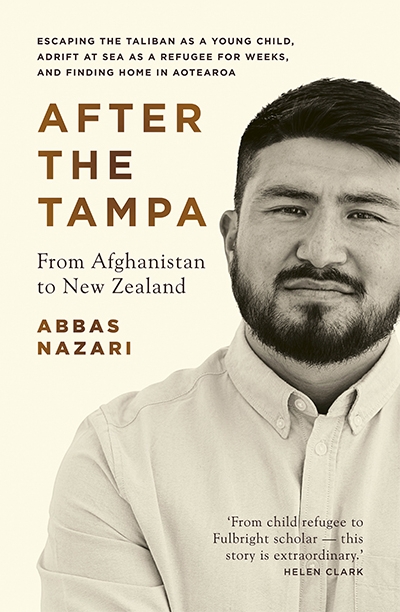Tampa
After the Tampa: From Afghanistan to New Zealand by Abbas Nazari
The episode of the refugees on the MV Tampa raised two separate problems, one moral, the other legal. To see both issues in perspective, it is useful to recall the facts that precipitated this unlikely crisis.
The refugees, most of them claiming to be from Afghanistan, embarked on a boat in Indonesia and headed for Australia. It began to sink. The master of the Tampa, quite properly, rescued them. He was about to take them to Indonesia when some of them threatened to commit suicide if they were not taken to Australia. He considered that many were in need of urgent medical help. He sailed towards Christmas Island and radioed for help, but none was given. He was asked to turn away, but considered the risks to life too great. Thus it was that 450 refugees found themselves in Australian territorial waters.
... (read more)
